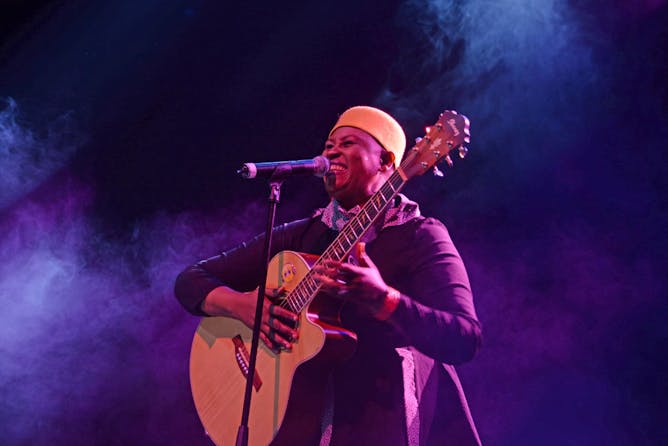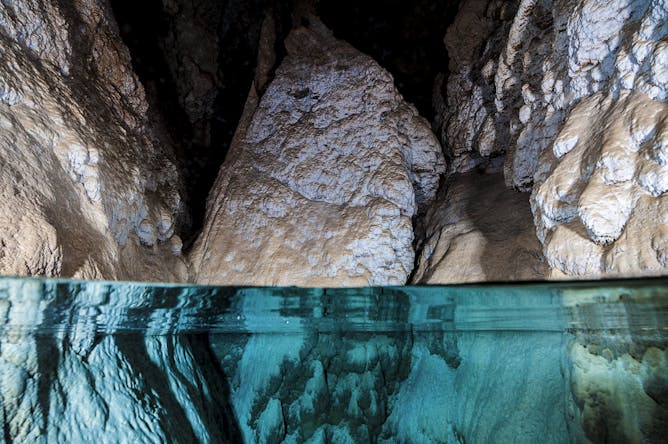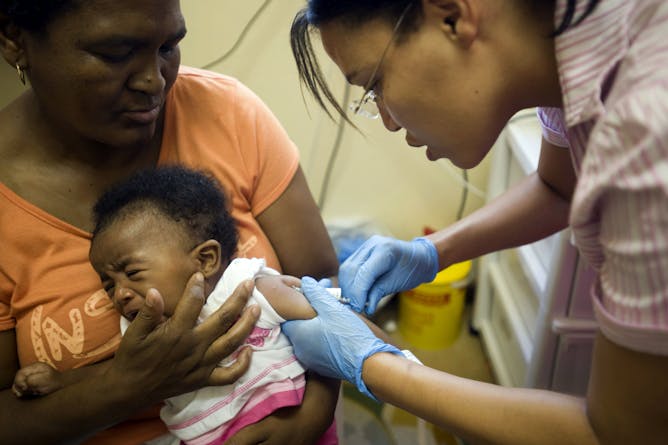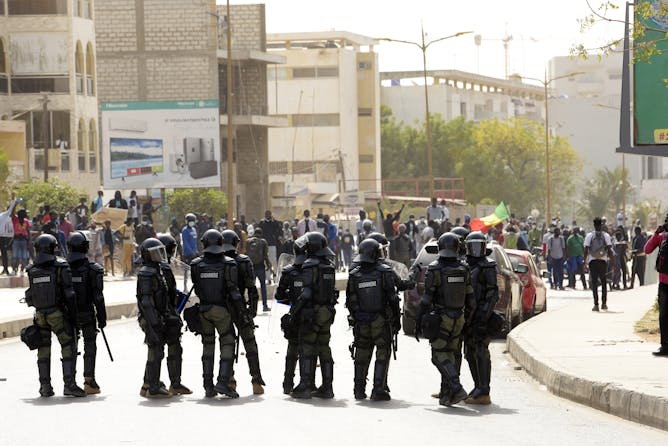|
Like many people growing up in Africa, I was fed a diet of US-driven popular culture. I’ve watched, over the years, how this has been embraced and reshaped by local cultural practices. We’ve seen, in recent decades, how Latin culture came to rise to prominence in pop music, followed by a trend of South Korean K-Pop. Now, it seems, it’s Africa’s turn, driven by Afrobeats music. It’s easy to be cynical about it - how culturally bankrupt western cultures are turning to foreign cultures to give themselves meaning (and unlock new audiences to exploit). But then a phenomenon like the Calm Down Dance Challenge comes along and turns my frown upside down.
Calm Down is a song by Nigerian singer Rema with a simple, spicy, boy-meets-girl storyline. When a Cameroonian dancer, Loïc Reyel, put moves to it and released a video of his dance steps, the song went global, with social media users posting themselves doing the dance. But it’s one thing to dance to Calm Down in America. It’s altogether another to dance publicly to it as an Iranian girl - and especially without wearing a hijab. Ananya Jahinara Kabir explains how this African dance challenge took hold in Iran and drove fresh energy into women’s protests against a conservative regime.
Of course, faith is a burning issue around the world. In Ghana, a predominantly Christian country, the president made a public oath to God to build a national cathedral for devotees, pilgrims and tourists. But amid an economic crisis, building on the grand project has been halted as Ghanaians question why so much money is being spent on what appears to be a vanity project. But in fact, write Frederick Dayour and Francis Kofi Essel, there may be solid reasoning behind it as sites like this can attract considerable tourism and create jobs - if they’re handled with accountability and transparency.
If you haven’t done so yet, please take our survey and give us some feedback.
|

|
Charl Blignaut
Arts, Culture and Society Editor
|
|

Ananya Jahanara Kabir, King's College London
The five Iranian teenagers were arrested and forced to apologise – but the dance challenge continues to go viral.
|

Frederick Dayour, SD Dombo University of Business and Integrated Development Studies; Francis Kofi Essel, SD Dombo University of Business and Integrated Development Studies
Globally, visiting religious destinations and sites for pilgrimage by religious faithful and tourists has gained recognition.
|
Science + Technology
|
-
Amica Müller-Nedebock, Stellenbosch University
Our understanding of Parkinson’s disease is far from complete. But researchers now believe that in most cases, Parkinson’s is caused by a complex interaction between genetic and environmental factors.
|
|
|
|
-
Chantelle Gray, North-West University
The political content in our personal feeds not only represents the world and politics to us. It creates new, sometimes “alternative”, realities.
|
|
Art, Culture + Society
|

Gwen Ansell, University of Pretoria
Her passing shocked the nation and drew praise for her unique vocal powers and musical mentorship.
|
Politics
|
-
Hisham Abusaada, Housing and Building National Research Center; Abeer Elshater, Ain Shams University
Urban spaces are a repository of people’s beliefs, memories and collective conscience.
|
|
|
|
-
Chikodiri Nwangwu, Ph.D, University of Nigeria
Greater awareness of the importance of voting is needed to improve the voter turnout in Nigeria’s elections.
|
|
|
|
-
Frans Viljoen, University of Pretoria
Discrimination against anyone based on their sexual orientation or gender identity is not an African value.
|
|
Environment
|

Gaathier Mahed, Nelson Mandela University
Aquifers are highly prevalent across Africa – but they’re not always going to be usable.
|
Business + Economy
|
-
Jannie Rossouw, University of the Witwatersrand
Confidence in banking is hard-earned and easily shocked. This makes individual banks and the banking sector susceptible to knock-on effects from other institutions.
|
|
|
|
-
Tahira Shariff Mohamed, Institute of Development Studies; Ian Scoones, Institute of Development Studies
Instead of the deluge of external interventions, ways must be found to build resilience from below, drawing on local practices and networks.
|
|
Health + Medicine
|

Tom Nyirenda, Stellenbosch University; Alimuddin Zumla, UCL; Francine Ntoumi, University of Tübingen
Progress in many areas of TB control stalled or reversed mainly because of the COVID-19 pandemic and the recent geo-political situations.
|
TC Afrique
|

Bamba Ndiaye, Emory University
Les velléités du pouvoir d'invalider la candidature de l'opposant Ousmane Sonko ont créé un climat crispé laissant présager une confrontation inévitable.
|
| |
| |
| |

|
| |
| |
| |
|
|
|
|

|
29 - 31 March 2023
•
Makhanda
|

|
24 April 2023
•
Cape Town
|

|
|
|
|
| |
| |
| |
Would you like to republish any of these articles?
|
|
It’s free to republish, here are the guidelines.
Contact us on africa-republish@theconversation.com in case you need assistance.
|
| |
| |
| |
| |
|
|